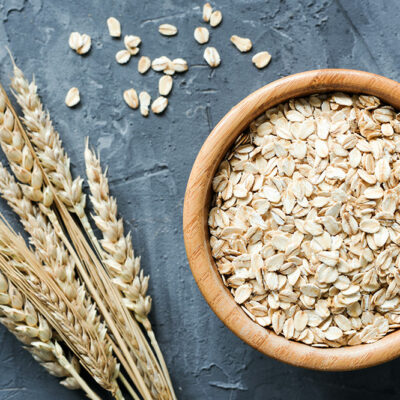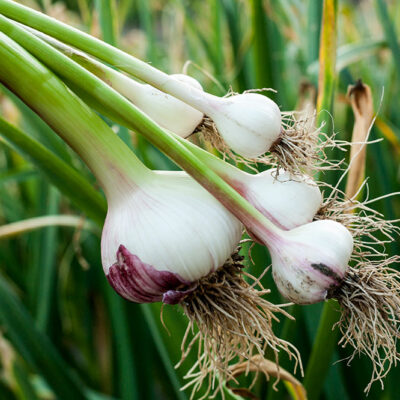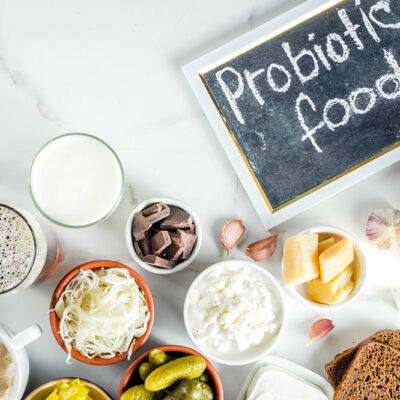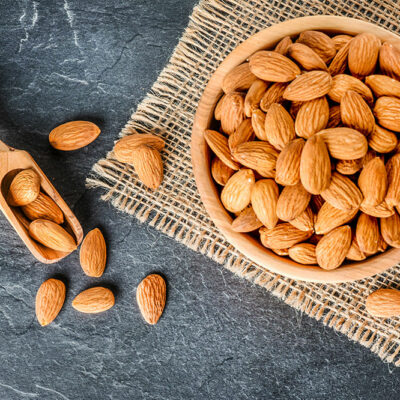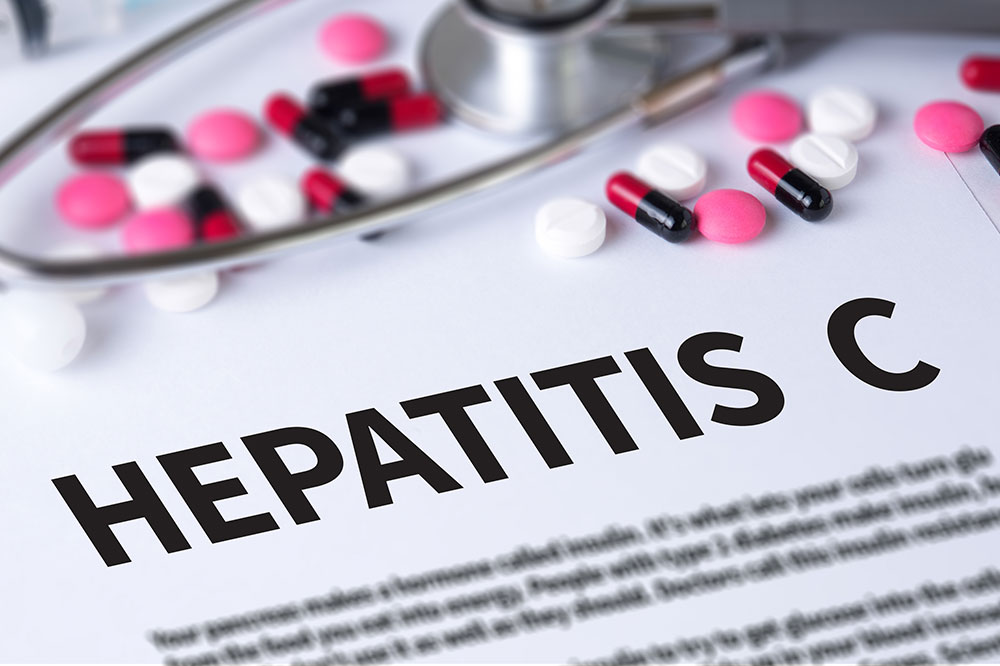
Hepatitis C – Common Causes and Transmission Routes
Hepatitis is the inflammation of the liver. This can affect liver function and can be caused due to a number of reasons. Most often hepatitis can be caused by a virus. Hepatitis A, hepatitis B and hepatitis C are caused by different viruses. Hepatitis C can be acute or chronic. Given below are some of the causes and information on the way in which this infection spreads. Hepatitis C causes This is a very common infection in the country and can be caused through the following: 1. Virus The virus invades the body causing inflammation and damage to the liver. 2. Contact Coming into contact with the blood of an infected person can also be a causal factor for this infection. Hepatitis C transmission Hepatitis C is most often spread when an uninfected person comes into contact with the blood of an infected person. This can happen in the following ways: 1. Sharing needles One of the most common modes of transmission of hepatitis C is sharing of syringes, needles or other equipment that is used to prepare or inject recreational or other illicit substances. 2. From mother to child It is estimated that about 6% of children born to mothers infected with hepatitis C will also get the virus.
Learn More 

